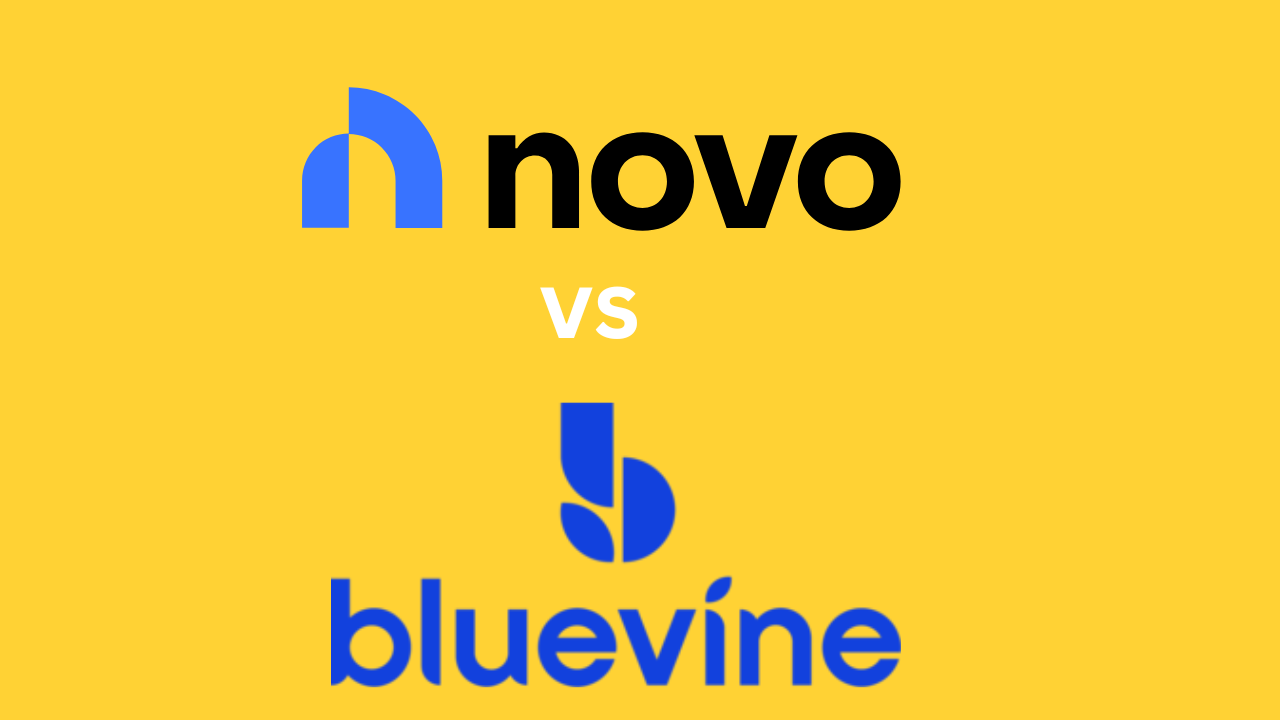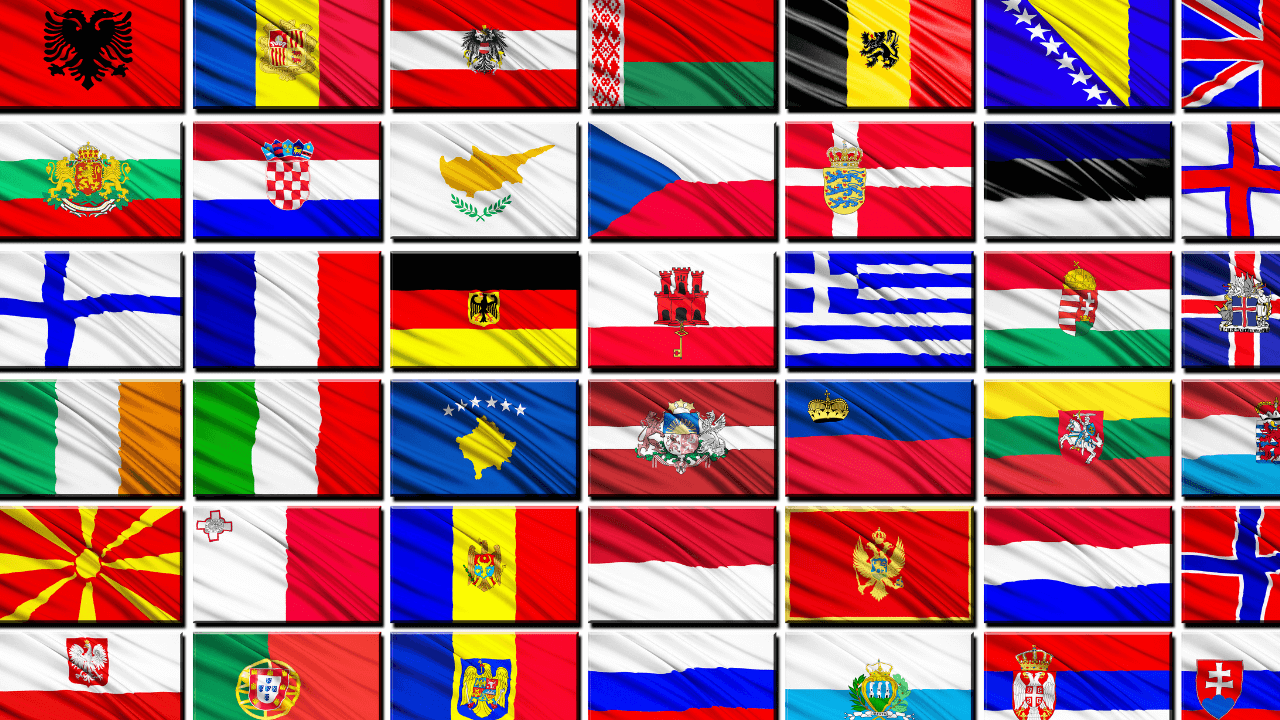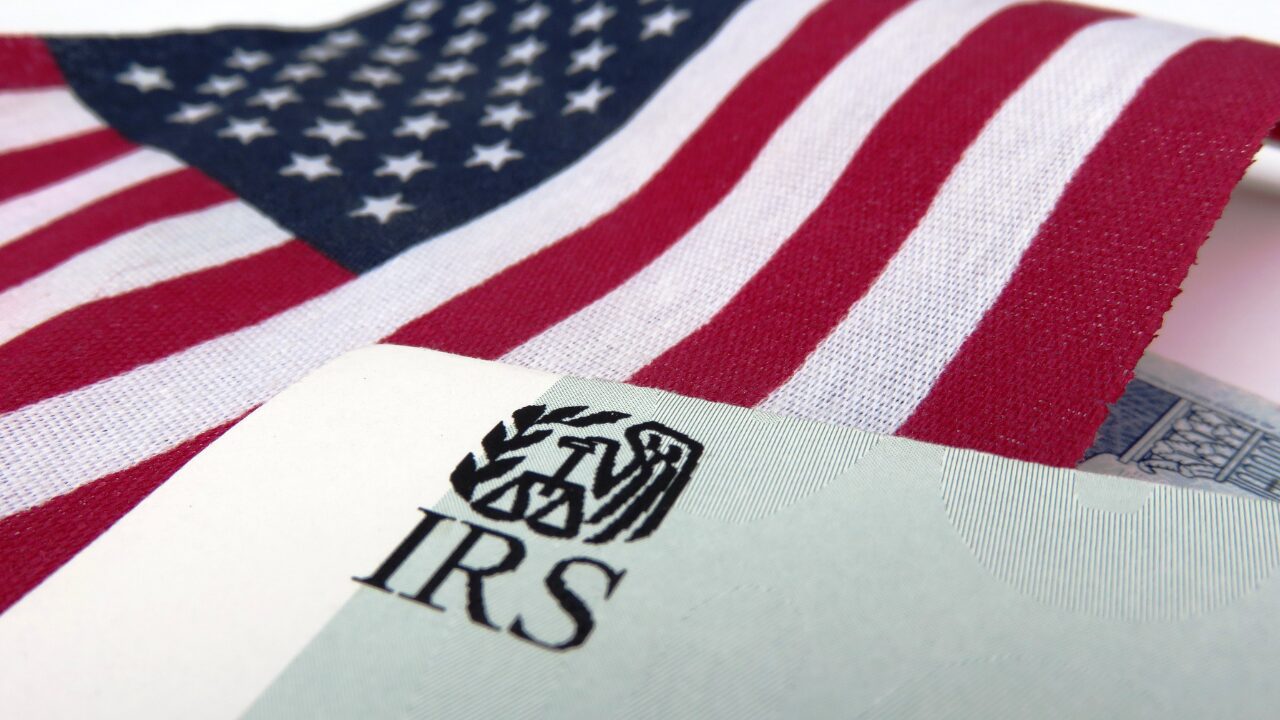Language:
Start a DAO vs a Company

The continued success of cryptocurrencies has upended the financial system. Business transactions have shifted in line with the changing market landscape. Digitization of payments and investments has become common as new technologies have emerged. It is no wonder that the growth and expansion in the cryptocurrency market have accelerated.
Over the years, it was subject to skepticism due to volatility and decentralization. For the agnostics, cryptocurrencies are the digital version of casinos. It appears to be the modern version of the Tulip Mania in the sixteenth century. But, the true believers hope it would open more avenues for growth and freer transactions.
These massive changes inspired enthusiasts to create an autonomous group. In 2016, a decentralized autonomous organization (DAO) emerged. Today, more participants find it appealing and want to form their own. To find out why we will look at the basics of putting up a DAO and how it differs from a traditional one.
DAO Defined
Decentralization remains a primary concern for regulatory bodies. But even after multiple attempts to control it, the market remains unrestricted. After all, it is one of the key pillars of cryptocurrencies. A more convenient and safe transaction is what many people want. And as more sellers joined the bandwagon, more users did as well.
The vision of digital currencies inspired developers to figure out how to create a DAO in 2016. As mentioned earlier, it emerged as an automated and decentralized organization in the same year. It aimed to serve as a venture capital fund based on open-source codes. As such, it would run even in the absence of a board of directors or a traditional company structure. Today, the DAO remains unaffiliated with any nation-state and uses a crypto network.
So, what’s a DAO? Think of a DAO as a company without management (e.g., board of directors), which is really its key defining feature and is owned and controlled by all its participating members. As a ‘specialized corporation’ per se, though it doesn’t have formal legal recognition, the DAO has built-in resources in the form of treasuries. In short, no shareholder can get them without the organization’s permission. When there are proposals, decisions are made after all members have voted, and a DAO’s activities are public and transparent.
In essence, DAOs can come in many shapes and sizes. It is an open community built on the internet with a single bank account for all. Crypto users, sellers, and enthusiasts meet in a chat group and raise funds together. Most often, they do so like crowdfunding by using an Ethereum wallet. Once ready, they run it like a typical company and find better ways to achieve their goals.
Unlike a traditional company, all members of a DAO are equal and have an equal say on all matters. They can manage the DAO with fairness and transparency, as everything is recorded on the blockchain for seamless encryptions and safer transactions. Moreover, this system seeks every member’s involvement by incentivizing them.
The Rise of DAOs
When the DAO was launched, it captured the attention of crypto enthusiasts worldwide. Shortly after that, one of the first well-known DAOs, called simply The DAO, raised $150 million. The crowdfunded amount was for an automated investment fund. All was well at the beginning, but the unexpected occurred, as a bug in its code paved the way for hackers to steal $50 million and split the network. It’s a bit ironic, considering codes were supposed to eliminate the human component but only proved that humans were not easy to take out of the equation.
Even so, this setback was not enough to stop the growth and popularity of DAOs. In 2019, the concept of DAO was already in deep earnest. Thanks to the drastic growth in cryptocurrencies after the bubble and crash in 2018. Also, more crypto forms emerged and became accessible to many users. Before the coronavirus outbreak, Nasdaq explained DAOs would flourish more in 2020. The analysis proved precise as more people wanted to join and invest in DAOs.
Crypto prices quadrupled, showing how it was as a bull market. ETH began the year at $131 and had gradual growth. During the fourth quarter, prices skyrocketed and reached $738 at the end of the year. DAO benefited from it as Ethereum investments expanded and became more viable. It maintained its strong market position after Bitcoin. A recent study shows how the number of DAOs and DAO members grew over time. In 2019, the average number of users joining DAOs every month was only 3,800. It had a breakthrough during the second half of 2020, corresponding to the ETH boom. The number of monthly joiners in 2020 rose by over 200%, reaching 9,000 on average.
DAOs achieved many milestones in the previous year and showed they had more to offer. Even though DAOs have no legal framework, their size and influence grew. States have started to recognize the importance of DAOs. For instance, Wyoming passed a law recognizing DAOs and granted them powers similar to LLCs.
Additionally, in 2021, it attempted to purchase an early copy of the United States Constitution. Sadly, Kenneth Griffin, a hedge fund billionaire, outbid them. But, it was an ambitious move that proved that DAOs could work and achieve many things. They can even replace many traditional business organizations. Though unsuccessful, they tried to penetrate the sports industry by raising $1.7 million in Ethereum to purchase an NBA team. Today, there are over 180 DAOs with $10 billion in assets and nearly two million members. As the crypto market and DAOs grow, you will see more changes in the future.
Traditional Organizations vs. Decentralized Autonomous Organizations
DAOs continue to make noise across the globe, and states have started to feel their presence. Despite lacking formal legal recognition, except for Wyoming, their influence has been increasingly visible.
Aside from the absence of management, here are the key differences between traditional organizations and DAOs.

Getting to Know the DAO Process
Here are the primary DAO processes for its creation and launching.
Mission
Traditional or not, all organizations must have a mission. It will serve as their guide and foundation for management and operations. The mission is the first and most important step in DAO creation. You have to know your goals and other things you want to work for. By establishing this, you provide a sense of direction to DAO members. Once you complete it, you can reach out to people and do the second step.
Community
Building a community is the most complex step in the DAO process. Before looking for members, you have to determine your preferred size of the DAO. Think of it as a startup business.
You also have to assess your financial capacity and project business performance. From there, you will know whether you need thousands or only select individuals. For example, if you want to have an exclusive crypto social club, you will limit it to a specific number of people.
Moreover, you have to capitalize on communication platforms. That way, you can create a room or group to start discussions and exchange ideas. Communication plays a vital role in its success, especially when making decisions.
Treasury
Once you find the right people for the DAO, you have to raise funds to do your mission. Every member will add put in funds toin your community treasury in the form of shared ownership. Hence, the DAO has a single bank account for all. In traditional organizations, equity financing is done through share issuance, whereby members. Members buy shares, but the funds are held by the company. which will be available in common stock. But there is treasury stock or funds held by the company. In contrast, DAO sells membership and anyone to access. Anyone who wishes to touch the treasury must ask for the community’s permission.
Governance
Members must involve themselves in governing the DAO as part of their civic duty. Participating in discussions, submitting proposals, and voting are your primary tasks. Your voice matters has a count in determining the direction of the DAO. You can use tools, such as Snapshot token voting and Tally for governance aggregation. Other tools include Discourse, Boardroom, and Messari Governor for forum discussions.
Ownership
After establishing the governance framework, it is time to distribute ownership. It will serve as membership access and vote on governance decisions. It can be done through fungible tokens (ERC20s) and nonfungible tokens (NFTs).
DAO Legislation in Wyoming
DAOs have pushed the boundaries of validity and legality in society. Cryptocurrencies and blockchain have turned normalcy upside down. Today, DAOs are revamping how organizations operate. run. Traditional and digital structures can work in the business ecosystem. In 2021, DAOs received formal recognition for the first time in US history, as the . The state of Wyoming allowed DAOs to have the same legal status and powers as that of LLCs.
The DAO process automation and streamlining are now more visible with this new law. Members of the DAO now enjoy democracy and influence. Management structures and bureaucracy no longer apply because everyone is equal. Hence, no board of directors acts as its central authority. If it grows further, it may become more acceptable in other regions and . It may offer more opportunities and practical solutions to challenges across industries.
Should You Incorporate or Create a DAO?
DAO continues to become popular, especially in Wyoming. Now that it operates as an LLC, its legitimacy may be recognized across the country. But, DAOs are not exempt from challenges that traditional organizations face. In fact, it is more prone to data security and confidentiality threats. Despite this, the continued development of the industry promises more impressive changes.
Planning to launch or incorporate your DAO in Wyoming? Should you incorporate or create a DAO, reach out and seek assistance from doola. doola is a company full of experts in operational and legal processes. They can help you make sound business decisions.
FAQs on Starting a DAO vs a Company
Do I have to register a DAO?
In general, DAO is not yet a business entity except in Wyoming. It does not have a physical office for business activities and registration.
Are DAO tokens considered as securities?
DAO tokens are considered securities under the securities Act of 1933.
What is DAO maker?
As a crypto project launchpad, DAO maker provides growth solutions to crypto projects. It helps keep them apart from the competition in the market. Moreover, it creates a crypto revolution based on real-time market processes.
Keep reading
Start your dream business and keep it 100% compliant
Turn your dream idea into your dream business.















